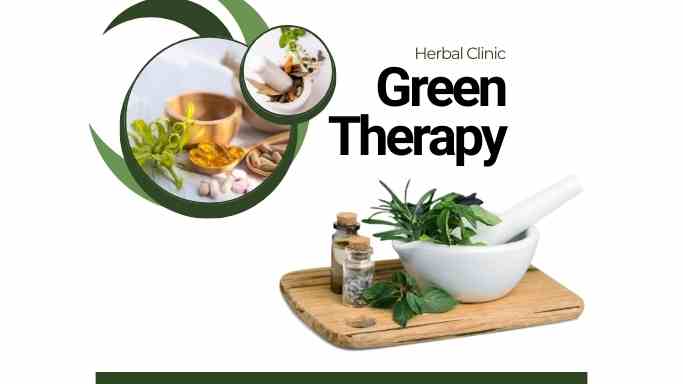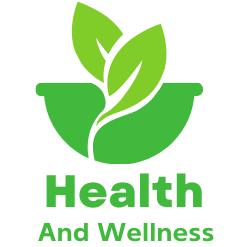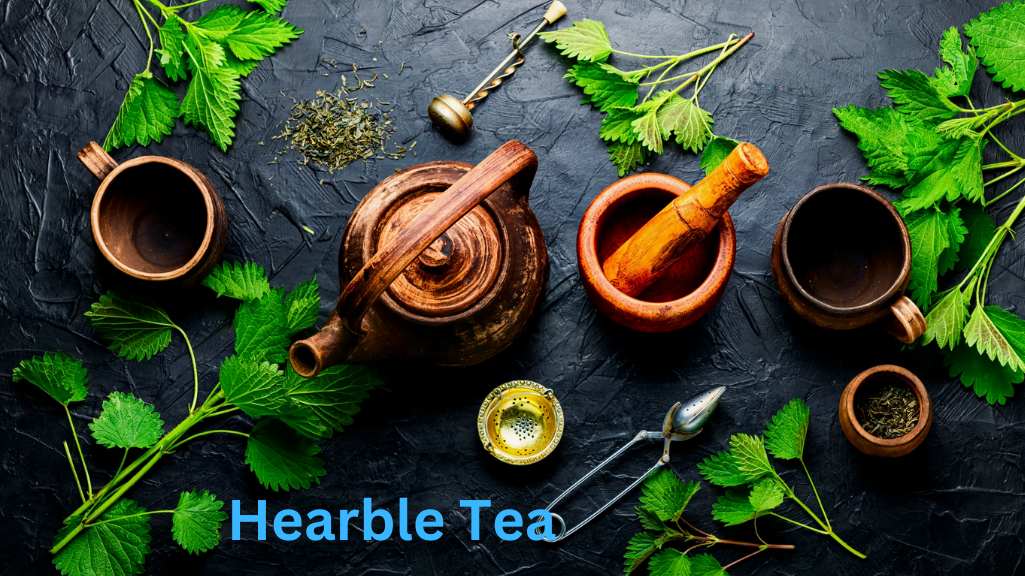INTRODUCTION for Common Colds
During the change of seasons, cases of common colds increase, causing discomfort and disruption to daily routine. Worldwide millions of people catch the common cold each year as it is mainly caused by rhinoviruses. Over-the-counter drugs may help ease the symptoms but many people would rather use what nature has given us to boost immune system and hasten healing process. Herbal treatments have been used over centuries to cure many ailments such as flu. This article will discuss herbal remedies for common cold signs and symptoms, factors on how they are used, impacts on health when they are taken, practical ways of incorporating them into your wellness regimen.
Table of Contents
SIGNIFICANCE OF THE PROBLEM
Understanding The Common Colds
The upper respiratory tract infection called a common cold is viral in origin. Symptoms normally include runny or blocked nose; sore throat; cough; stuffy head feeling; body ache and fatigue. Despite being generally mild, it can be extremely irritating and persisting sometimes. It is difficult to prevent because it spreads through droplets in the air when someone with the virus sneezes or coughs.
ROLE OF HERBS IN COMMON COLDS TREATMENT
Herbal medicines offer an alternative way of dealing with this problem by soothing some manifestations of colds and giving immunity a helping hand. These preparations are made from plants and have long been utilized in traditional medicine due to their curative attributes. Some herbs that are commonly used for treating colds include echinacea, ginger, garlic elderberry among others which have antiviral properties that help in fighting off inflammation as well as boosting immunity.

IMPACTING OR IMPORTANCE
Health Benefits
By reducing both severity and duration of flu symptoms herbal remedies could provide substantial health gains. They assist fortify natural body defenses against influenza easier than would otherwise be possible were one not taking them up for example, Echinacea supports the immune system while ginger has anti-inflammatory properties which can relieve sore throat and suppress cough.
SOCIETAL IMPACT
The use of herbal remedies is also indicative of a broader movement towards natural, holistic health practices. The increased popularity of herbal treatment methods reflects the growth in people’s search for alternatives to conventional medicine. This shift encourages better understanding and respect for traditional healing techniques as well as promotion of balanced and healthy lifestyle choices.
ECONOMIC EFFECT
The market of herbal medicines is an essential part of the global health industry. This sector grows due to heightened demand for alternative treatments thus creating opportunities for farmers, manufacturers, and retailers. By choosing these natural remedies consumers can support sustainability measures and boost local economies.
STRATEGY AND SOLUTIONS
Practical Tips About Herbal Remedies
Echinacea: Echinacea is usually taken as a tea, tincture or capsule to enhance immunity against common colds while at the same time reducing their severity. You should start taking echinacea when you first notice signs of a cold and continue for several days after symptoms have disappeared.
Ginger: For colds fresh ginger tea is one popular remedy. Cut several pieces of fresh ginger root then seep them in hot water for 10-15 minutes. Add honey with lemon if desired to aid further relaxation effects on top of those provided by ginger itself; this will help reduce throat inflammation and alleviate coughing.
Garlic: It has antiviral and antibacterial properties that are popularly used against flu either raw or cooked. Take a clove garlic-crushed mixed with honey as a strong remedy; this mixture needs to be taken several times within the day to fight off flu viruses completely.
Elderberry: available in syrup, lozenge or tea form is full of antioxidants and vitamins that can help bolster the immune system. Elderberry has been shown to reduce the duration and severity of cold symptoms.
Peppermint: Peppermint tea or inhaling steam with peppermint oil added can alleviate nasal congestion and bring relief to the respiratory tract. Menthol in it gives a cooling effect which aids in breathing.

Adding herbal remedies to your routine
Key consistency: For herbal remedies to be effective, they have to be taken on a consistent basis. Follow recommended doses and liaise with a healthcare provider if you have any underlying conditions or are on other medications.
Combine Remedies: If different herbal remedies are combined together, they may lead to synergistic effects. For example, echinacea-ginger-tea blend can effectively treat many symptoms of common colds.
Drink plenty: Hydration is vital during disease because it helps thin the mucus as well as keep body hydrated for faster recovery time.
Healthy eating: A diet rich in fruits, vegetables and whole grains will provide all essential nutrients necessary for strengthening immune system. High vitamin C foods like citrus fruits are particularly good for colds.
Case studies or examples from real-life
Case Study 1: Echinacea for Common Colds Prevention
In an article called “Lancet Infectious Diseases,” its effectiveness on cold prevention and treatment was investigated by researchers who published a study on echinacea. The group discovered that instead of having a common cold, there was only 58% risk reduction when one uses echinacea resulting into shortenings of duration by 1.4 days due to use of echinacea for those people who were taking it regularly compared with not taking at all.
Case Study 2: Antiviral Properties of Elderberry
In their publication in Journal of International Medical Research, research scholars focused their attention on antiviral properties present within elderberry. There were 60 individuals who participated in the experiment and all of them complained of flu-like symptoms. At day four, patients who were receiving placebo started feeling better as compared to those who had taken elderberry extract during the whole time period of the trial. As a result, researchers found out that it can be used as a natural remedy for coughs and cold.
Example from real life: Ginger and Honey Tea
A common home remedy for colds is ginger and honey tea that has been passed down through generations. This is what Jane, a mother of two aged 34 says; “Whenever my kids or I start to feel a cold coming on, I make a big pot of ginger and honey tea. It’s soothing, and we always feel better the next day.” Through this simple yet effective medicine shows how herbal drugs have an impact on daily lifestyles.
Conclusion
Herbal remedies provide an alternative method to help manage symptoms associated with common colds while promoting overall wellbeing too. Some examples include echinacea, ginger, garlic, elderberry and peppermint among others which are known relief enhancers for immune systems as well as mitigating common colds. The growing interest in these treatments reflects a greater shift towards holistic approaches to health and sustainability.
By incorporating herbal remedies into your wellness routine, you will reduce the severity and duration of colds, support your immune system, and contribute to a more sustainable society focused on health. Always consult with your healthcare provider before embarking on new treatment especially if you have an existing medical condition or are taking other prescription drugs. Let nature’s power work for you: discover herbal remedies for common cold symptoms.
Frequently Asked Questions on Herbal Medications for Common Colds
What are some of the best herbal remedies to use in order to fight off common colds symptoms?
Echinacea, ginger, garlic, elderberry and peppermint are some of the most effective herbs that can cure common cold symptoms. These possess qualities that can help boost immunity, reduce inflammation and prevent congestion problems like painful swallowing or coughing.
How do I make use of echinacea to either prevent or treat a common cold?
One can take echinacea in various forms including tea, tincture or capsules. To prevent or treat a common cold start taking Echinacea at the first sign of any illness. Use it consistently for some days after symptoms end completely so that your immune system is properly supported.
Can children use herbal remedies when they have a cold?
Yes, they can but it is important to seek professional advice from health care provider before giving them any herbs. Remedies such as ginger tea with honey and elderberry syrup can usually be used safely with children although the dosage may need to be adjusted according to their age and weight.
Are there any side effects associated with using herbal remedies for a cold?
Though herbals are generally safe, they sometimes cause adverse reactions in some people. For instance, one may develop allergies from taking Echinacea if he/she is allergic to ragweed while eating too much garlic may cause digestion problems. Recommended dosage should always be followed as well as consultation with doctors especially in situations where you have underlying health conditions or on medication.
How long does it take before these natural products begin showing results when combating a normal flu?
The effectiveness of herbal medicine varies between individuals and also depends on how severe the attack was e.g., mild or extreme form. Normally within few days you will start experiencing changes in your condition through consistent usage of these natural products on daily basis during this period until all signs of flu goes away and recovery occurs which is also beneficial for strengthening the immune system.

